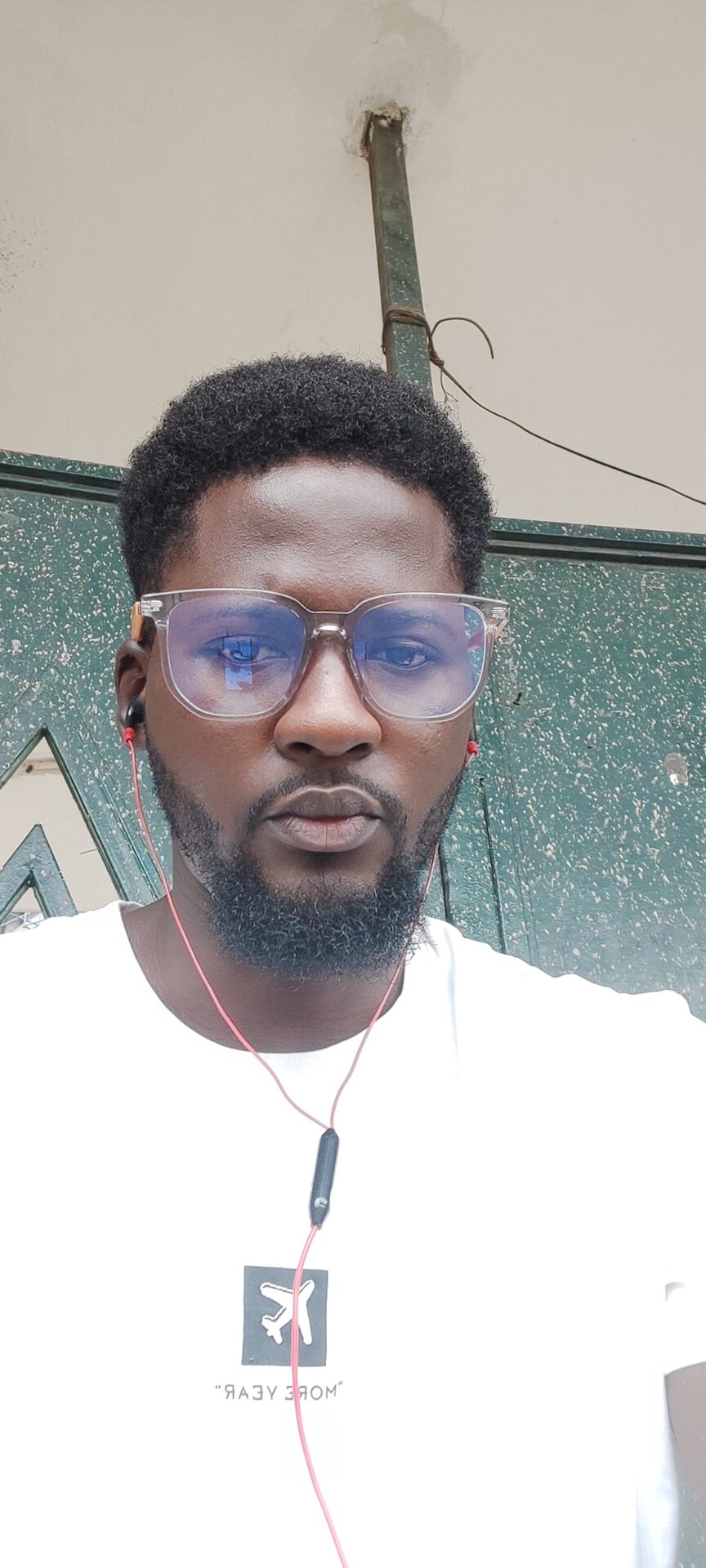
Top 30 Cartoon Characters That Were Villains
Our list rounds up the top 30 cartoon characters that were villains, each one more wonderfully wicked than the last.
Writer Resources
Whether your works belong to the realm of fiction or non-fiction, here are some key steps to help you determine the finer points of how to start writing a book.

For real, this year will finally be your year. New you, new goals, all that thing. Man, you need to cut that out, for this is the year you finally decide whether it’s time to start writing a book.
That story that’s been marinating in your head for years, the dusty manuscript on your shelf with the half-finished outline from your old fantasies, all stories you ought to have shown the world in print.
Whether your works belong to the realm of fiction or non-fiction, here are some key steps to help you determine the finer points of how to start writing a book.

Ask yourself: do you enjoy writing? Writing isn’t just about talent—it’s about persistence. Writers are people who write consistently, even when it’s hard. If you feel a pull toward expressing your ideas or stories, then yes, you’re a writer. Start by embracing this identity.
Not everyone ever gets to be a writer. Being capable of flowery verses doesn’t make one the best writer. Only a commitment to penning down words as they come, whenever they come, can help you stand out in your craft.
Only writers ever find writing easy, but then, even this ease should not be misinterpreted to mean that writing itself is an easy task. There is no bigger fallacy.

Inspiration is the key that unlocks the vast reserves in a writer’s head. From research done to chronicle biographies and memoirs to movie scripts and digital creative copy, inspiration is what gives life to the experiences that reveal themselves in the pages of the book.
William Wordsworth defined poetry as:
the spontaneous overflow of powerful feelings: it takes its origin from emotion recollected in tranquillity”
This definition indeed applies to virtually every form of writing and should, therefore, be known by all categories of writers. It emphasizes the importance of inspiration in the creative process and provides insight into its varying sources.
Understanding what inspires you as a person is essential to being a fulfilled writer as a career professional or non-professional.

Whether you’re a fiction or non-fiction writer, identifying your preference and what you do better than the rest is one of the most important steps on your penmanship journey
For instance, you may find that fantasy best describes your most defining works and yet take an interest in writing fast-paced thrillers. You could also find yourself writing a combination of journals, poems, academia, and the less abstract niches or simply be inclined to exclusively one genre.
When you know what works best for you, the resulting concerted effort coupled with consistency can help you quickly find and stand out to your unique audience.

All writers improve by reading. Without it, it’s impossible to develop your unique tone and style and more significantly, see how where your writing ranks when placed alongside the best. Art, after all, does not lie.
While your fondness for reading and preferred genre tastes may evolve or even decline the further you go, reading remains a no-bargain area for all aspiring writers.

The longer you leave something, the more it leaves you. With writing, it’s the same. The worst thing a writer can do is to stop writing. For every hour that you’re not writing, it slowly goes away, fading into the background, a slumbering giant headed for hibernation.
To become a writer of any renown, one must write develop a consist writing schedule in the knowledge that whether it’s ten minutes a day or an hour on weekends, regularity is more important than volume.

No wise writer ever finds their work perfect. There remains room for improvement, even among the best. So, while it’s important to celebrate wins and see how far your writing skills have advanced over time, you should always keep in mind that somewhere, there’s a better writer than you are.
This mindset keeps your mind open to effective reception of implied and direct constructive criticism essention for improvement, keeping you modest, however far you get.
If you’ve ever wondered how to start writing a book, you should know that there are requirements without which you simply stand no chance of ever becoming an author, published or not.
Following the outlined steps in this article helps you assess your suitability for the task at hand and reveals tips to prepare you for success.
Ready to begin this journey? Start penning that idea in your head. Who knows, perhaps it’ll make more sense when it’s finally out in the real world, not just in your imagination.

The Tyrant Overlord. Fantasy buff and avid football fan.

Our list rounds up the top 30 cartoon characters that were villains, each one more wonderfully wicked than the last.

DC is great at making comics and animated movies, while the MCU has the upper hand in its cinematic aspects

Discover the best apps to read books for free in 2025. Access thousands of free e-books and audiobooks on your phone or tablet. ...

There are some outright funny cartoon characters who exist solely to crack you up, loud, hard, and with zero apology.

Things Fall Apart is for the colonizers as well as the colonized, helping to understand the role of colonialism in the realization...

While many of the Nollywood movies on our list are quite old, it’s a testament to the capabilities of the industry’s p...

While this isn’t an exhaustive list, it comprises some of the most popular mythical creatures from around the world.